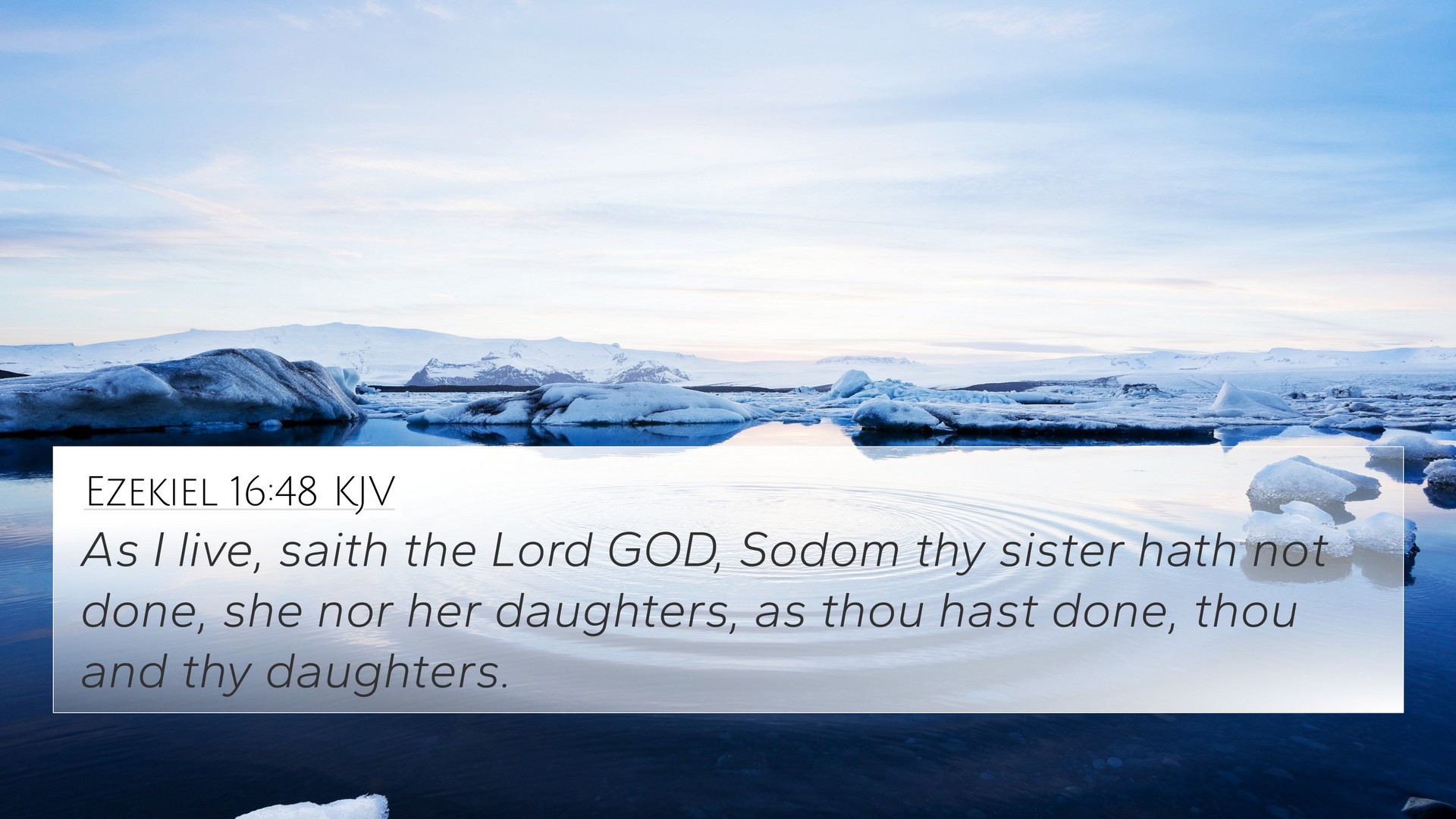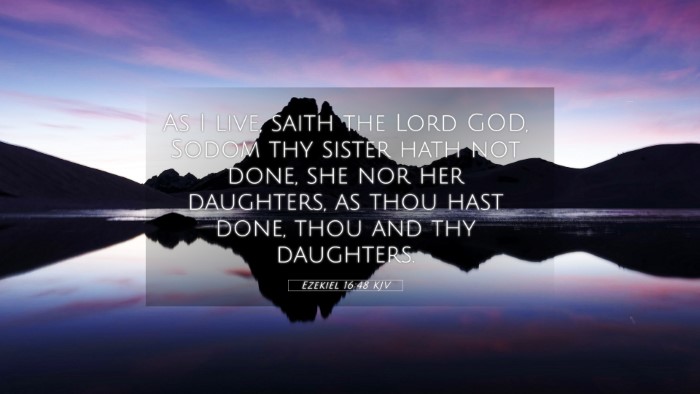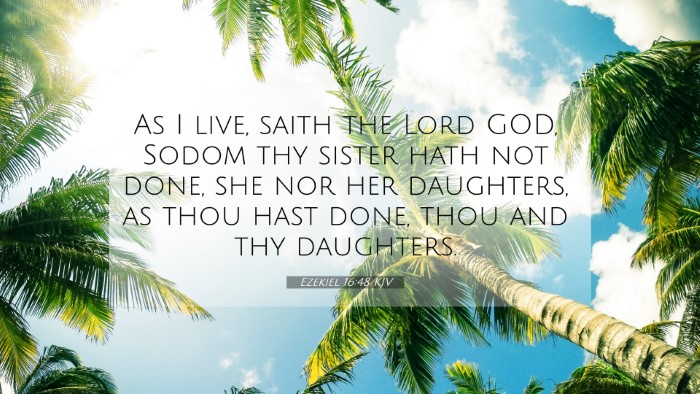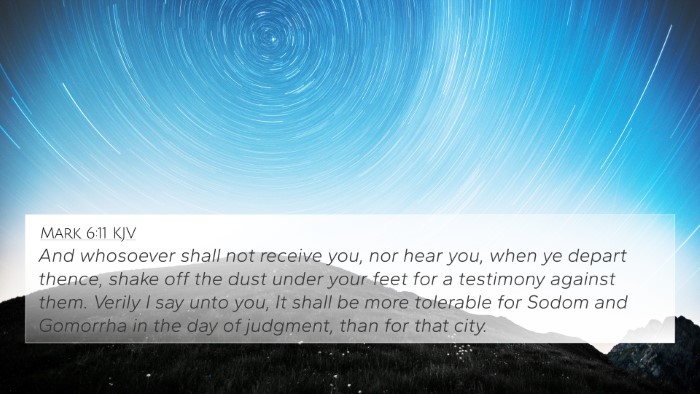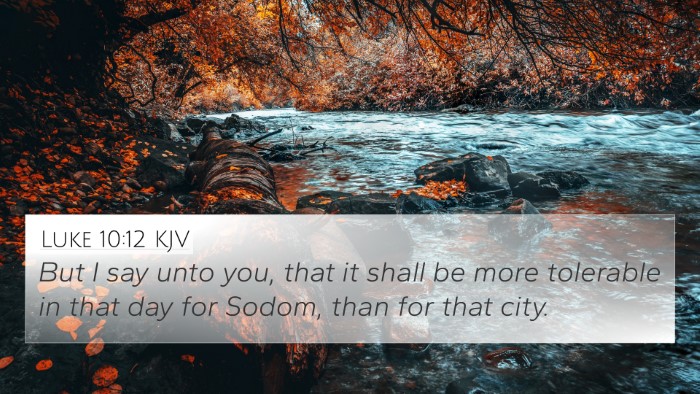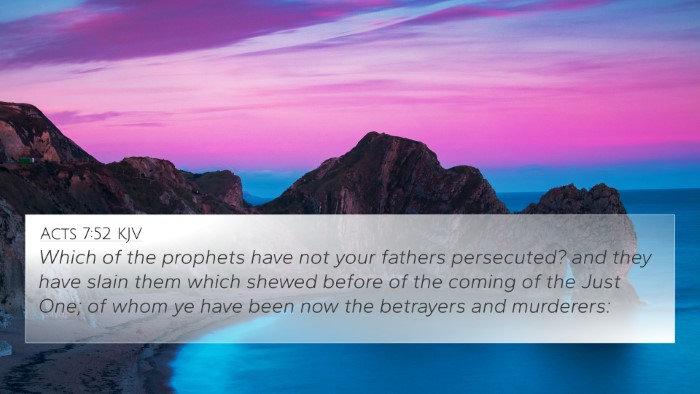Ezekiel 16:48 - Understanding the Text
The verse Ezekiel 16:48 states:
"As I live, saith the Lord God, Sodom thy sister hath not done, she nor her daughters, as thou hast done, thou and thy daughters."
Summary of Meaning
This verse comes from a passage where God, through the prophet Ezekiel, addresses Jerusalem's sinful practices by comparing them to the infamous sins of Sodom. God asserts that Sodom and its daughters (nearby cities) had not sinned to the degree that Jerusalem had. This serves as a powerful condemnation of Jerusalem's moral corruption.
Commentary Insights
- Matthew Henry:
Henry emphasizes God's vivid use of comparison to expose the depth of Jerusalem's iniquity. He draws attention to the greater accountability on Jerusalem since it had the law and the temple, contrasting its privileges with its actions.
- Albert Barnes:
Barnes highlights the significance of God's declaration of life, showing His active engagement in judging nations. He notes that Sodom's well-known sinfulness sets a stark background against which the transgressions of Jerusalem are made all the more grievous.
- Adam Clarke:
Clarke points out that this verse speaks profoundly to the disgrace of Jerusalem, which, despite having every spiritual advantage, fell into practices worse than Sodom. He draws relevance to the consequences of knowing the good yet choosing evil.
Contextual Analysis
Ezekiel 16:48 is part of a larger discourse on the unfaithfulness of Israel. This chapter presents Israel as an unfaithful wife who spurns her covenant with God. God is utilizing the image of Sodom to highlight the absolute moral degradation of His chosen people.
Related Bible Cross-References
- Genesis 19:24-25: The account of Sodom's destruction provides context for understanding the nature of its sins.
- Jeremiah 23:14: This verse also addresses the wickedness of those in Jerusalem, paralleling with the sins in Sodom.
- Matthew 10:15: Jesus reflects on the fate of cities that reject the message, likening them to Sodom.
- Romans 1:26-27: Paul discusses the sinful behavior akin to that of Sodom as a sign of rebellion against God.
- 2 Peter 2:6-8: Peter refers to Sodom and Gomorrah as examples of God's judgment against sin.
- Isaiah 1:9-10: Isaiah uses similar comparisons to condemn the people of Israel.
- Luke 17:28-30: Jesus references Sodom in the context of end-times judgment.
Thematic Bible Verse Connections
The thematic threads that run through Ezekiel 16:48 can be further deepened through cross-referencing. Here are some key themes:
- Sin and Judgment: The biblical narrative consistently demonstrates how sin leads to judgment, a theme found in many prophetic books.
- Divine Comparison: God frequently uses comparisons to expose the failures of His people contrasted with other nations.
Inter-Biblical Dialogue
This verse encourages a dialogue across the Scriptures emphasizing moral accountability, especially as it relates to those who are recipients of divine revelation. Analyzing churches and cities in both testaments from the perspective of their actions can yield profound insights into God’s expectations.
Conclusion
Ezekiel 16:48 serves as a strong reminder of accountability and God's standards for His people. The dramatic portrayal of Jerusalem's sins compared to Sodom's emphasizes that knowledge and privilege bring about a greater responsibility.
Tools for Bible Cross-Referencing
For those interested in further exploring biblical themes and connections, the following resources can be invaluable:
- Bible Concordance: Useful for finding related verses and exploring specific terms.
- Cross-Reference Bible Study: Guides the reader through thematic explorations and parallels across the text.
- Comprehensive Bible Cross-Reference Materials: Provide extensive lists of connections for deep study.
